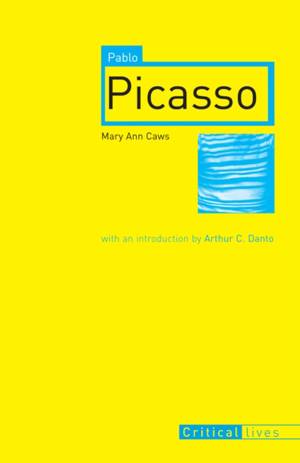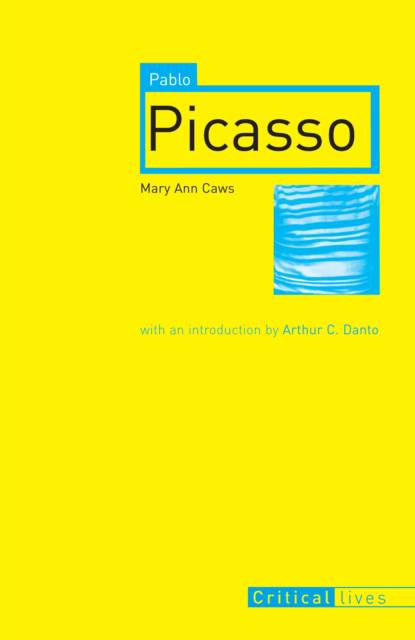
- Retrait gratuit dans votre magasin Club
- 7.000.000 titres dans notre catalogue
- Payer en toute sécurité
- Toujours un magasin près de chez vous
- Retrait gratuit dans votre magasin Club
- 7.000.0000 titres dans notre catalogue
- Payer en toute sécurité
- Toujours un magasin près de chez vous
Description
What is a face, really? Its own photo? Its make-up? Or is it a face as painted by such or such painter? That which is in front? Inside? Behind? And the rest? Doesn't everyone look at himself in his own particular way? With these words, Pablo Picasso described the revolutionary methods of painting and artistic perspective with which he challenged the ways people and the world were defined. His life was a similarly complex prism of people, places, and ideologies that spanned most of the twentieth century. Acclaimed scholar Mary Ann Caws provides in Pablo Picasso a fresh and concise examination of Picasso's life and art, revisiting the themes that occupied him throughout his life and weaving these themes through his crucial close relationships. Caws embarks on a global journey to retrace the footsteps of Picasso, giving biographical context to his work from Les Demoiselles d'Avignon through Guernica and analyzing the changes and inconsistencies in his oeuvre over the course of the twentieth century. She examines Picasso's attempts to balance various viewpoints, artistic strategies, lovers, and friends, positing the central figures of the Harlequin, the clown, and the acrobat in his art as emblematic of his actions. Gertrude Stein, Max Jacob, Apollinaire, Jean Cocteau, André Breton, Salvador Dalí, Paul Eluard, and Roland Penrose all make appearances in these pages as Caws examines their influence on Picasso. Caws also delves into Picasso's tumultuous relationships with his lovers Dora Maar, Françoise Gilot, and Jacqueline Roque to understand their effects on his art. A compelling and original portrait, Pablo Picasso offers a lively exploration into the personal networks that both challenged and sustained Picasso.
Spécifications
Parties prenantes
- Auteur(s) :
- Editeur:
Contenu
- Nombre de pages :
- 176
- Langue:
- Anglais
- Collection :
Caractéristiques
- EAN:
- 9781861892478
- Date de parution :
- 01-09-05
- Format:
- Livre broché
- Format numérique:
- Trade paperback (VS)
- Dimensions :
- 160 mm x 207 mm
- Poids :
- 272 g

Les avis
Nous publions uniquement les avis qui respectent les conditions requises. Consultez nos conditions pour les avis.






